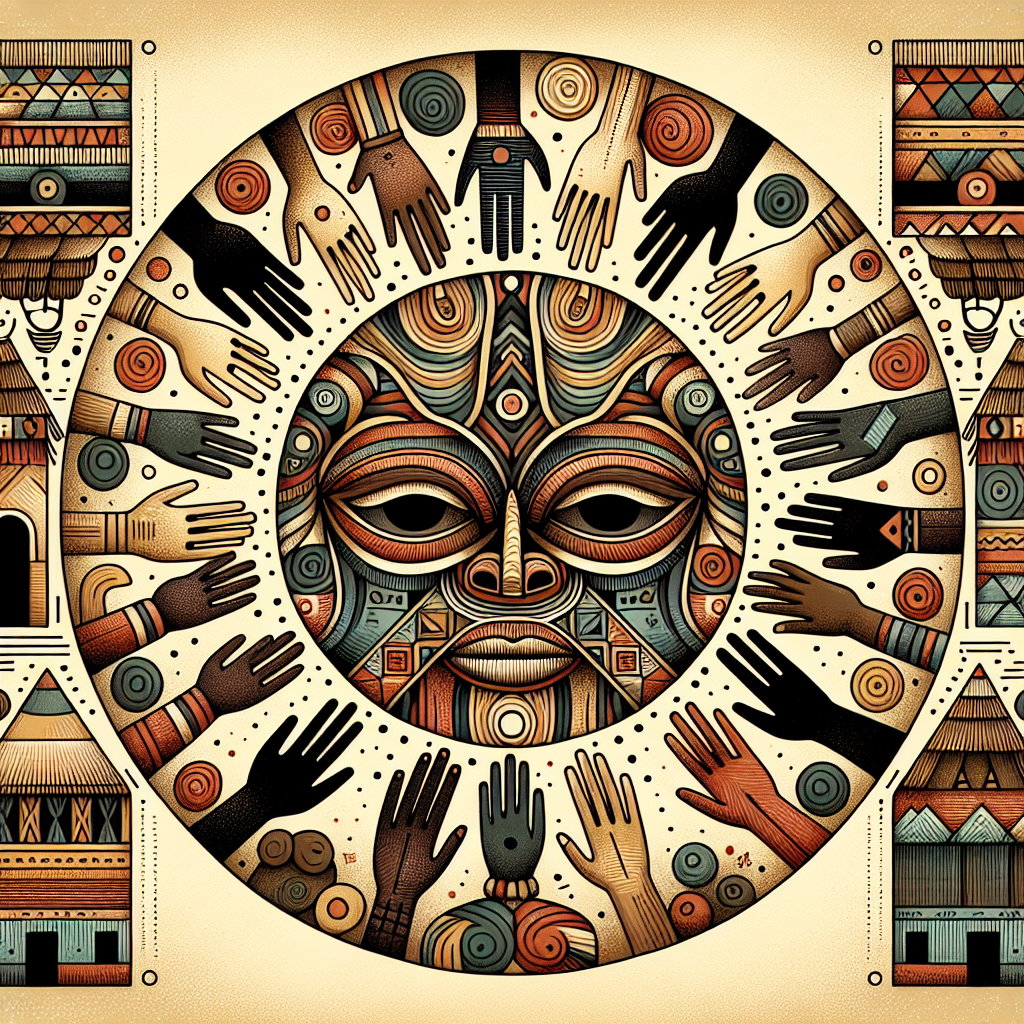The memoirs of Hadrian provide a profound insight into the complexities of governance during a time of sociopolitical strife. Hadrian, reigning from 117 to 138 AD, faced the pressing issue of harmonizing diverse tribal identities within the expansive Roman Empire. His reign marked the peak of Roman power, yet the persistent tribal affiliations posed significant challenges for political cohesion and stability. This historical reflection resonates with current socio-political dynamics in contemporary America, where increasing polarization and tribal identities threaten social order. Just as Hadrian grappled with the challenges of maintaining unity among disparate groups, modern leaders must likewise navigate the fractured landscape of political allegiance and identity.
Recent observations of the American socio-political landscape reveal a stark bifurcation into two main political tribes, as highlighted in an investor newsletter by a friend. The author warns of potential civil unrest following the imminent presidential election, an echo of the turbulent social climate stemming from previous events like the 2020 George Floyd protests. The prediction of unrest seems to hinge less on the outcome itself than on the deep-rooted animosities and fears each faction harbors. While it remains uncertain which electoral result might provoke more upheaval, the historical context of such protests suggests a volatile atmosphere that could be ignited by a Trump victory, reminiscent of the destruction witnessed in urban centers following the murder of George Floyd.
The sociocultural chasm between divergent political factions complicates discourse and understanding, as identified in the newsletter. This friction not only hampers conversations between family and friends but also fosters a perception of misunderstanding and antagonism. Individuals on opposing sides of the political spectrum often fail to realize that, while they use the same language and refer to the same events, they attribute entirely different meanings and significance to them. This disconnect elucidates the broader challenges of communication in an era where humor, values, and political ideologies can lead to outrage or solidarity, depending on one’s tribal affiliation.
Examining the role of tribal conflict in human history may provide insights into analogous currents in contemporary society. The author references the “survival of the fittest tribe” concept, suggesting that ancient tribal warfare may have served essential evolutionary purposes related to reproduction and genetic viability. The reference to Homer’s “Iliad” offers a historical backdrop where conflict was often rooted in such primal instinct, ultimately manifesting in the acquisition of resources, including partners for the next generation. This theoretical perspective invites reflection on today’s tribal conflicts, particularly the integral role women play within these narratives and their implications for contemporary political engagement.
The notion of tribal identity, particularly in the context of modern political divides, raises further questions about gender dynamics within these factions. The author infers a preference for traditional male adversaries over the current political landscape dominated by vocal and active female supporters, epitomized by figures like Kamala Harris. This sentiment underscores a pervasive tension between the ideals of contemporary feminism and traditional masculinity in political confrontations. In contemplating the dynamics between these political tribes, the author articulates a profound discomfort with contemporary social activism, suggesting that navigating these waters may be even more challenging than dealing with historical warriors.
In an effort to further explore the psychological underpinnings of human tribalism, the author turns to literature, indicating an intention to engage with works like “The Tribal Mind and the Psychology of Collectivism.” By situating his reflections within the broader context of social psychology, the author aims to better understand the collective behaviors and phenomena shaping our current political landscape. This journey promises valuable insights into how deeply embedded tribal instincts influence modern interactions, political ideologies, and societal divisions. Through this exploration, the author hopes to illuminate pathways towards greater comprehension of mankind’s inherent tendencies and their implications on contemporary American society.

